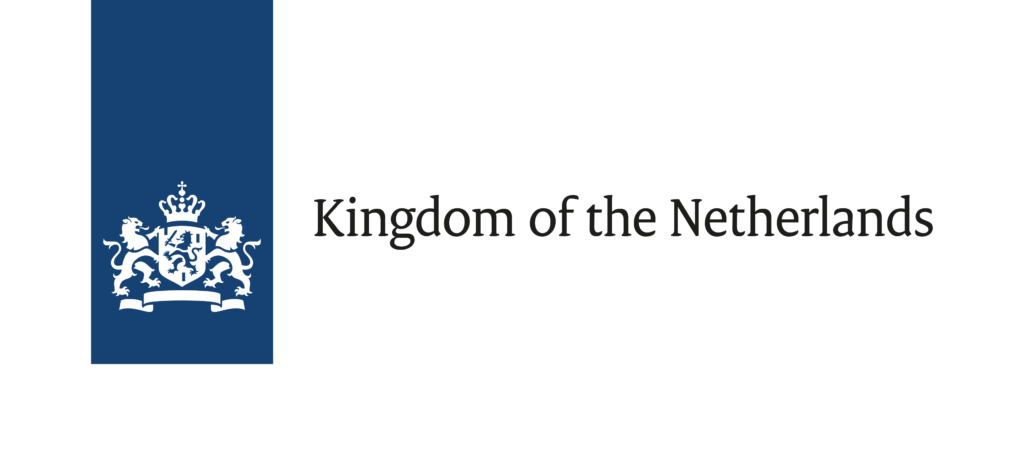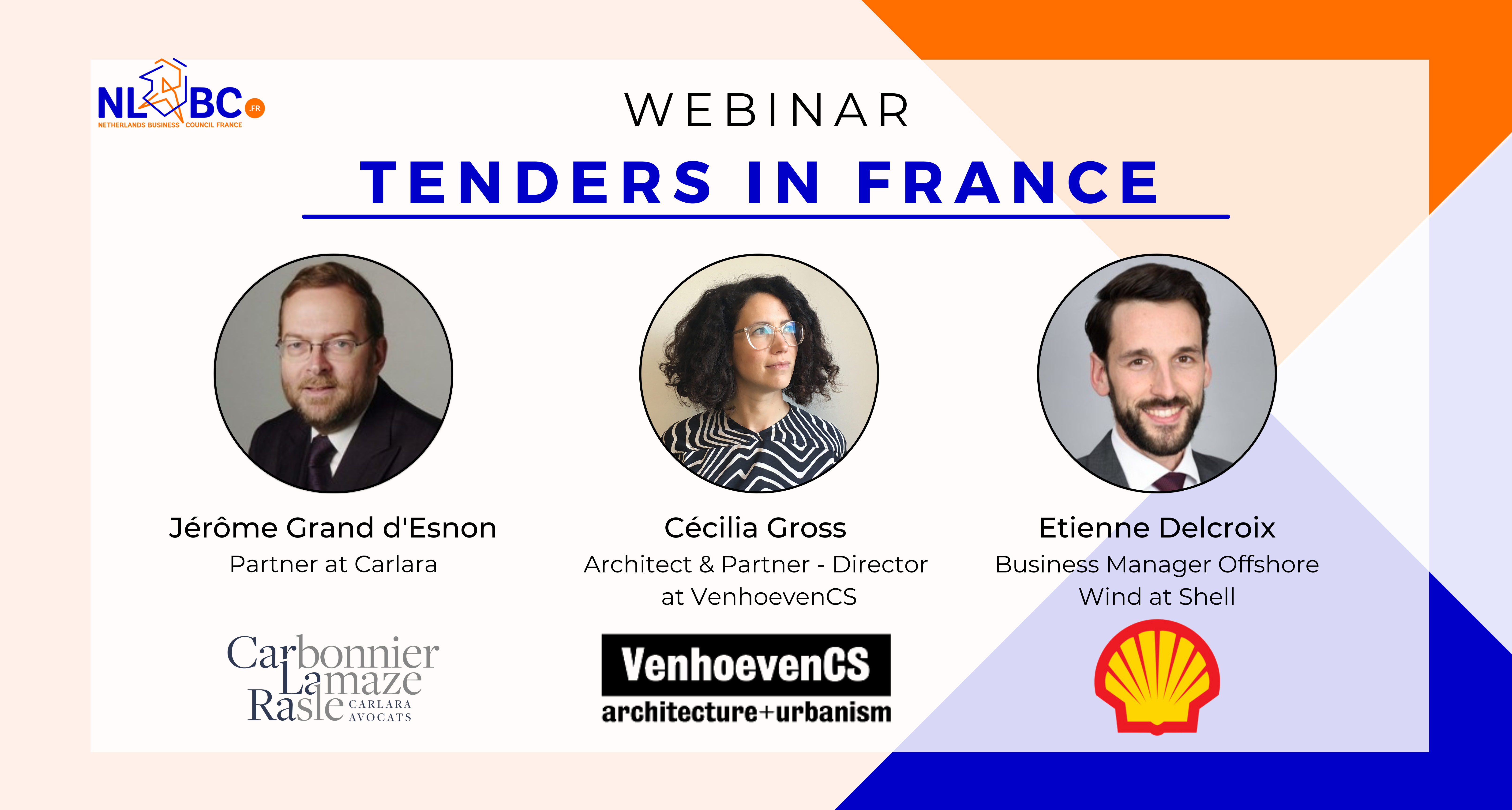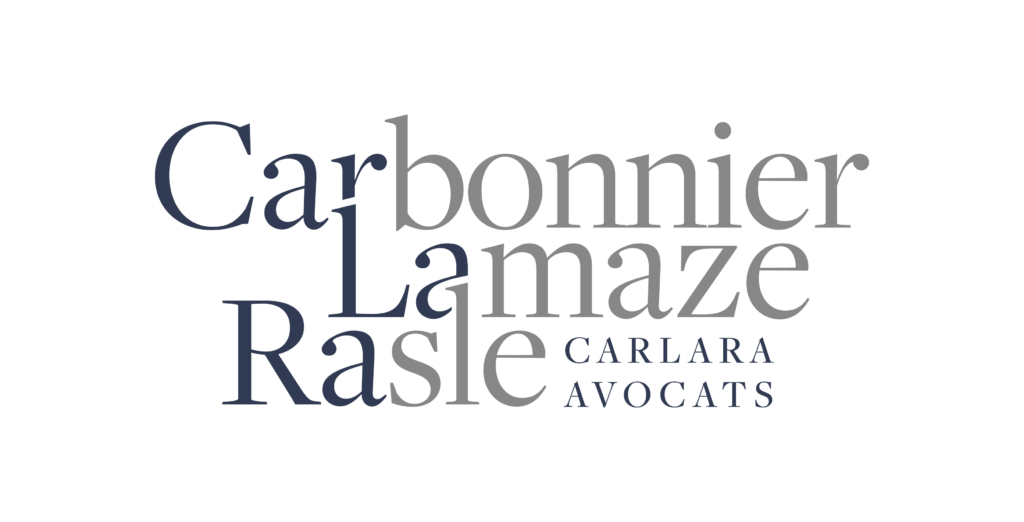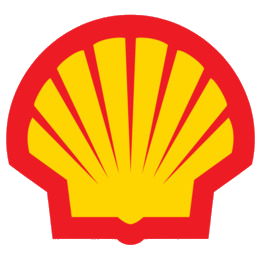Q&A
Q: @Jérôme Grand d’Esnon: is contractual proximity clause niet in conflict met Europese aanbesteding benadering?
A: Please note that proximity clauses by themselves are forbidden but the environmental clauses are legal. This means that when you have a CO2 cost of the product as a criterion, this favours the nearest (geographical) tender.
Q: @Jérôme Grand d’Esnon: The importance of regulation in defense and public security is becoming more prominent –> Photonis . Easy to find a ‘peg’ to limit free tenders by making a link with defense / dual use / strategic products ?
A: This is not completely true as the decision to reserve acces to a procurement to the sole national tenders has to be duly justified and can be challenged before the national or even the European judge.
Q: @Cécilia Gross: How will you know of the tender before it is online? Jeux Olympique is clear of course, everyone know it is coming up.
A: There are different tricks in architecture. Before you have a tender about the architecture you have a tender of the city to help for adviser to make the programs of the project, and then we select on all this stuff. So you know that it’s one year before they will select the advisor to write the programs with them. So you know a bit the people who write programs for swimming pools. There are 5 or 6 advisors that you already met and that you already know. But that doesn’t mean that you are being selected. But this is a way to see what is really going on.
Q: @Etienne Delcroix: What is the amount of time between the participation to a tender to the actual moment of construction?
A: In France there is a “plan” and then there is what “happens”. The tender maybe takes 1,5 year. The winner of that tenders then needs to get all permits for the project. And it happens that the permits are changed, quite a lot. And that has pushed some of the project to 10 years and they are still not in the water yet. So it took about 10 years to get were we are now.
Q: @Etienne Delcroix: What do you think about the transparency of the rules around tenders?
A: It’s a point on which the French state is very cautious because we it could be seen as a warning that all projects go to national players, which is not really true. They are cautious of that. From my point of view, yes the rules are clear and they are followed by all. After it’s maybe the sensitivity and the understanding of the french context.









